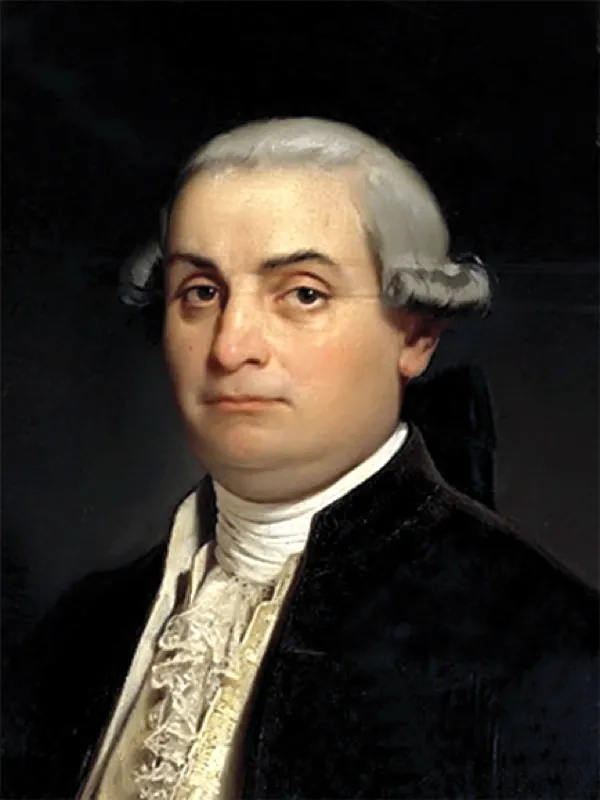It's 2018, let's stop pretending we can command other people to live as WE please because we have strength in numbers

[I am writing an essay for a class titles "Law and Revenge", and have chosen to tackle the philosopher Cesare Beccaria. Here is my introduction on his work and I would love to hear what you think about the "muh social contract" arguement in general, as well as how he used it. Beccaria's works have had a huge influence on the judicial system in America and (at least once) the merits of his stance were argued in the supreme court in the case of Payne v. Tennessee.]
In his 18th century treatise, “On Crime and Punishments,” Cesare Beccaria considers the true purpose of laws and their associated punishments. At the time, the prevailing notions were in favor of using cruel punishments against people for violations of a religious code of ethics. Often such punishments were at the discretion of clergy or royalty and led to inconsistent levels of punishment for the same crime. Against this backdrop, Beccaria makes a case for the complete reformation of the existing legal system, adopting “enlightened reason” over the existing passions and superstitions (10). Specifically, he argues that society and laws only arise from a social contract whereby each individual is relieved of a portion of their liberty to achieve a more peaceful society. Using the social contract as a base to formulate his ideas on law, Beccaria argues that all laws should be enforced as logically as possible. Instead of a judge ruling based on the “spirit of the law”, he claims that rulings based on the strict letter of the law are the only just way of judging the accused and imposing punishment if need be (11). As an extension of this point, Beccaria expresses the need for the law to be plainly written, because laws incomprehensible to the general public puts citizens “at the mercy of a handful of men” (12). Some of his most modern points are that there needs to be a separation between the “sovereign” who crafts the law, and the “magistrate” who reads the law and makes a judgement based on the evidence presented, and the notion that the punishment visited upon a wrongdoer is to be proportional to the “harm they cause society”. Radical for his time, these element appear to have made some of the most lasting impacts on modern judicial systems.
Throughout his treatise, he references the fact that the social contract is not voluntary and does need to be maintained through force. I say that is thoughtful and honest of him to point out. Most people aren't so forthcoming about that fact.
Tell me: Do you think we need state courts or the idea of the "social contract" today, or have our understandings of liberty and natural rights left state solutions in the dust? Let me know what/why and I will be upvoting any thoughtful comments I see.
